
Raleigh: The Heartbeat of North Carolina
Raleigh, the capital city of North Carolina, is a vibrant blend of history, culture, and modernity. Known as the 'City of Oaks' for its many oak trees, Raleigh offers a charming and picturesque setting that is both welcoming and invigorating. It is part of the Research Triangle, which includes Durham and Chapel Hill, making it a hub for education, innovation, and technology. Raleigh is rich in history, with numerous museums and historic sites to explore. The North Carolina Museum of Natural Sciences and the North Carolina Museum of Art are must-visits for art and science lovers. The city also boasts beautiful parks and green spaces, such as the Pullen Park and the William B. Umstead State Park, perfect for outdoor enthusiasts. Foodies will delight in Raleigh's diverse culinary scene, which offers everything from Southern comfort food to international cuisines. The city's craft beer culture is also thriving, with many local breweries offering unique and flavorful brews. Whether you are strolling through the bustling downtown or exploring the serene outskirts, Raleigh promises an unforgettable experience for every type of traveler.
Local tips in Raleigh
- Visit the North Carolina Museum of Natural Sciences early in the day to avoid crowds.
- Take a walk in the historic Oakwood neighborhood to see beautiful Victorian homes.
- Explore local farmers' markets for fresh produce and unique crafts.
- Use the city's extensive greenway trails for biking and walking.
- Try local craft beers at Raleigh's many breweries, such as the Raleigh Brewing Company.
Neighbourhoods in Raleigh
Raleigh: The Heartbeat of North Carolina
Raleigh, the capital city of North Carolina, is a vibrant blend of history, culture, and modernity. Known as the 'City of Oaks' for its many oak trees, Raleigh offers a charming and picturesque setting that is both welcoming and invigorating. It is part of the Research Triangle, which includes Durham and Chapel Hill, making it a hub for education, innovation, and technology. Raleigh is rich in history, with numerous museums and historic sites to explore. The North Carolina Museum of Natural Sciences and the North Carolina Museum of Art are must-visits for art and science lovers. The city also boasts beautiful parks and green spaces, such as the Pullen Park and the William B. Umstead State Park, perfect for outdoor enthusiasts. Foodies will delight in Raleigh's diverse culinary scene, which offers everything from Southern comfort food to international cuisines. The city's craft beer culture is also thriving, with many local breweries offering unique and flavorful brews. Whether you are strolling through the bustling downtown or exploring the serene outskirts, Raleigh promises an unforgettable experience for every type of traveler.
When is the best time to go to Raleigh?
Iconic landmarks you can’t miss
Pullen Park
Discover the natural beauty and family-friendly attractions of Pullen Park, Raleigh's beloved urban escape featuring a historic carousel and serene gardens.
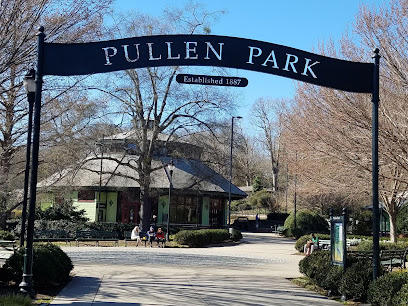
Marbles Kids Museum
Discover hands-on learning and playful exploration at Marbles Kids Museum in Raleigh, NC—where creativity comes to life for children and families.
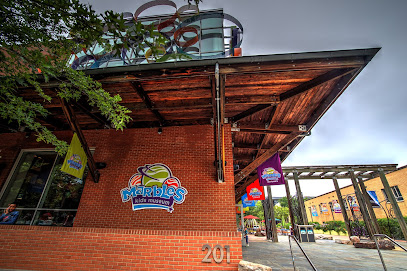
North Carolina Museum of Natural Sciences
Discover the fascinating world of nature and science at the North Carolina Museum of Natural Sciences, a top educational attraction in Raleigh.
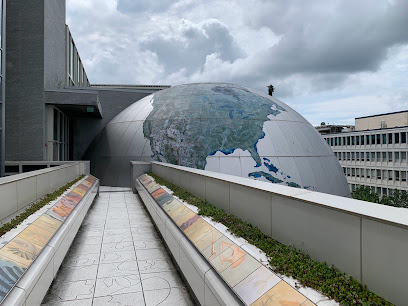
North Carolina Museum of History
Discover North Carolina's vibrant history through engaging exhibits at the North Carolina Museum of History in Raleigh.
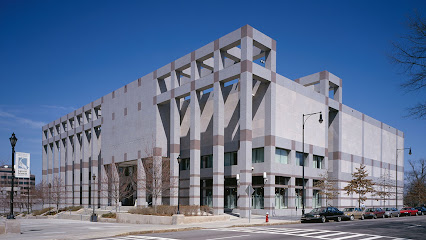
Dorothea Dix Park
Discover Dorothea Dix Park - Raleigh's urban oasis with stunning views, lush landscapes, and endless recreational opportunities for all.
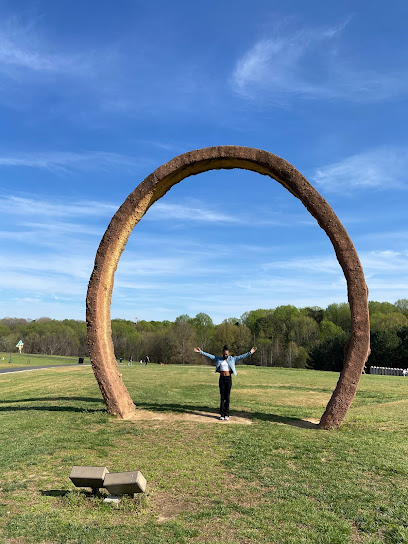
Moore Square
Discover Moore Square, a vibrant plaza in downtown Raleigh, where culture meets community in a lush, relaxing environment perfect for tourists.
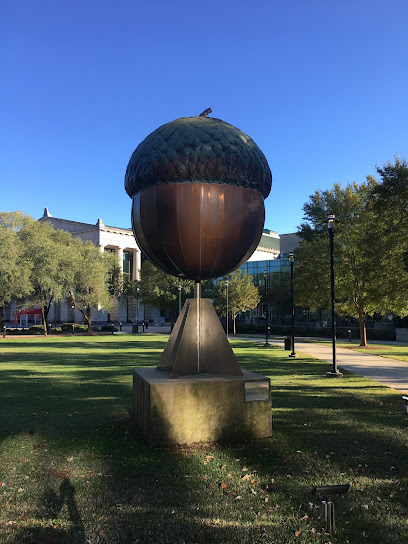
North Carolina State Capitol
Explore the North Carolina State Capitol, a historical landmark showcasing the state's rich governance and architectural beauty in the heart of Raleigh.
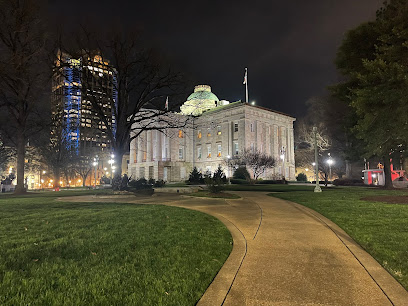
The Tower Escapes
Experience the thrill of The Tower Escapes in Raleigh, NC - a premier escape room center offering exciting challenges for tourists and locals alike.
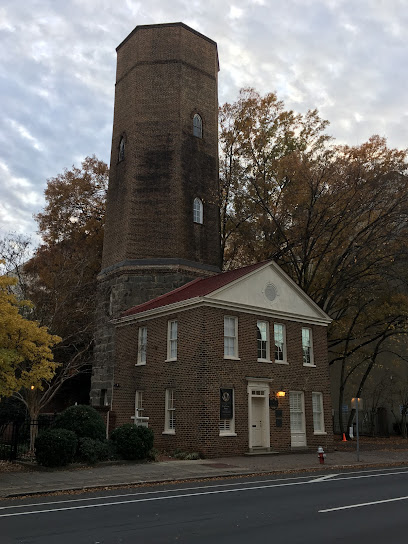
Fred Fletcher Park
Discover the tranquility and beauty of Fred Fletcher Park, a picturesque oasis in Raleigh perfect for relaxation and outdoor activities.
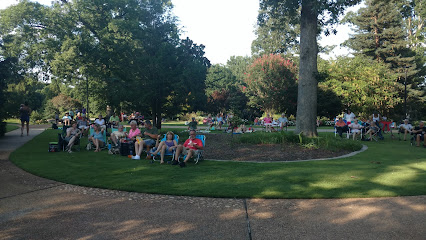
Historic Oak View County Park
Explore Historic Oak View County Park: A serene blend of nature, history, and culture in Raleigh, NC perfect for a relaxing day out.
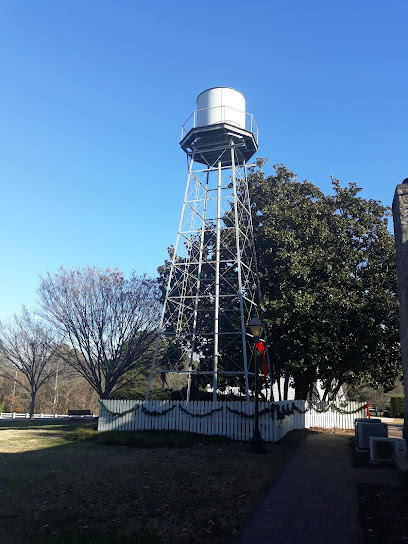
ROOM 5280 - Raleigh Live Escape Games
Experience thrilling escape adventures at ROOM 5280, Raleigh’s top-rated escape room destination for unforgettable fun and teamwork.
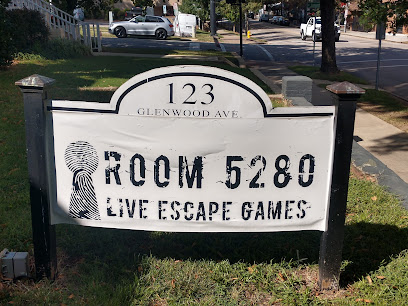
Nash Square
Experience the tranquility of Nash Square, Raleigh's urban park, where history, art, and nature come together in a vibrant community setting.
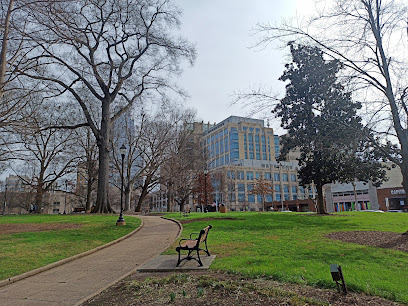
Historic Yates Mill County Park
Discover the rich history and natural beauty of Historic Yates Mill County Park in Raleigh, NC, a perfect blend of outdoor adventure and historical exploration.
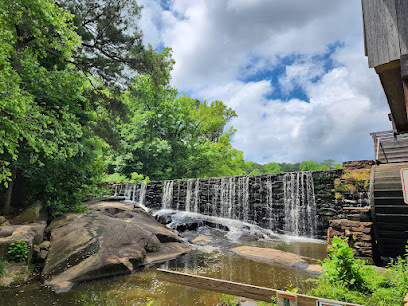
Mordecai Historic Park
Discover Raleigh's past at Mordecai Historic Park, a perfect blend of history, nature, and tranquility in North Carolina.
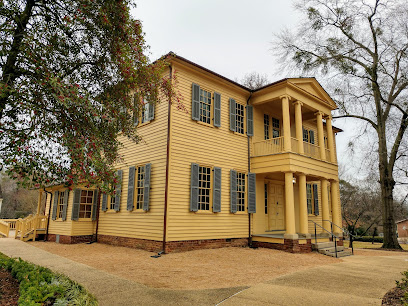
The Merrimon-Wynne House
Experience the exquisite charm of The Merrimon-Wynne House, a historic wedding venue in Raleigh, North Carolina, blending elegance with Southern hospitality.
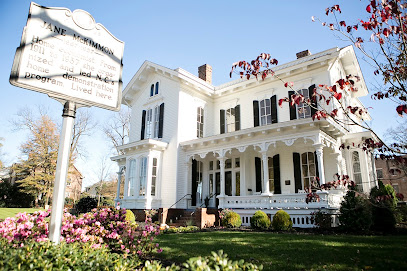
Unmissable attractions to see
Lenovo Center
Discover the Lenovo Center in Raleigh, a premier arena for live music and entertainment, where unforgettable moments come to life.
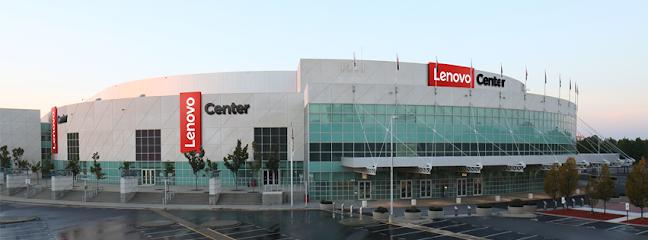
North Carolina Museum of Art
Discover the North Carolina Museum of Art in Raleigh, where exceptional art collections meet beautiful natural landscapes, creating an unforgettable cultural experience.
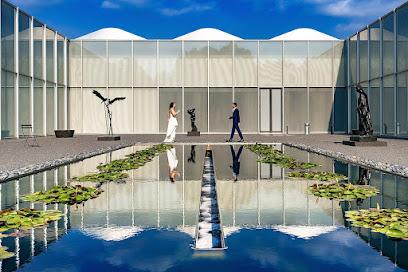
North Carolina Museum of Art
Discover the North Carolina Museum of Art: an artistic haven featuring stunning collections, beautiful landscapes, and vibrant cultural experiences in Raleigh.
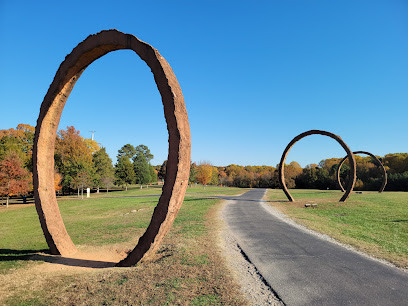
Sarah P. Duke Gardens
Explore Sarah P. Duke Gardens in Durham, NC - a picturesque botanical garden filled with vibrant flora and serene landscapes perfect for every nature lover.
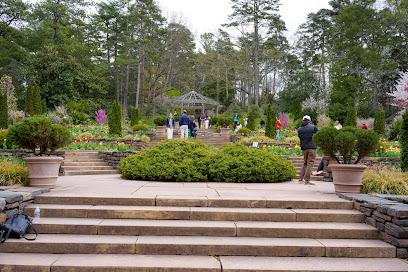
Pullen Park
Experience the joy of Pullen Park in Raleigh, NC - a delightful park featuring beautiful landscapes, amusement rides, and recreational activities for all ages.
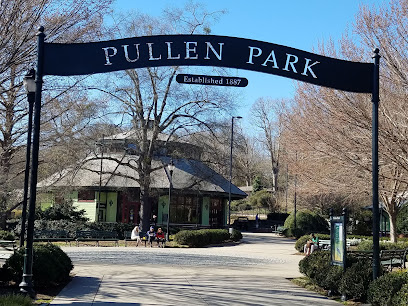
American Tobacco Campus
Explore the historic American Tobacco Campus in Durham, NC—a vibrant destination blending history, culture, and modern leisure.
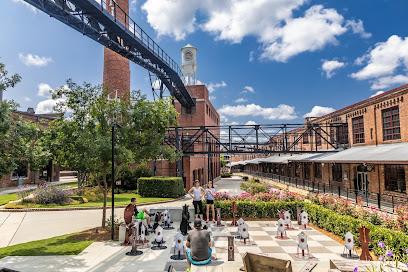
Frankie's of Raleigh
Discover Frankie's of Raleigh, an amusement park offering go-kart racing, mini-golf, and arcade fun for families and thrill-seekers in North Carolina.
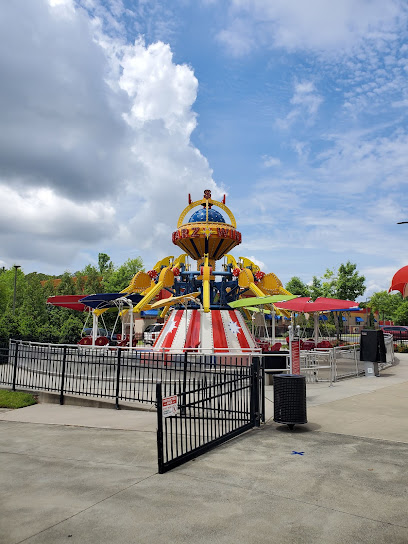
Marbles Kids Museum
Discover the magic of learning through play at Marbles Kids Museum in Raleigh, NC, where imagination knows no bounds for children and families alike.
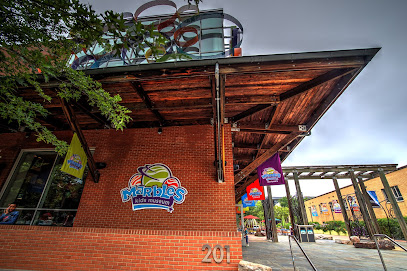
Durham Bulls Athletic Park
Discover the excitement of minor league baseball at Durham Bulls Athletic Park - a premier sports venue in Durham, North Carolina, perfect for family fun and entertainment.
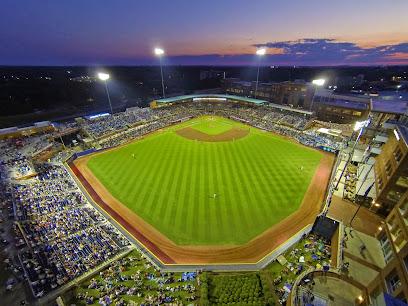
Lake Johnson Park
Explore the natural beauty and tranquil waters of Lake Johnson Park, a perfect retreat for families and outdoor lovers in Raleigh, North Carolina.

JC Raulston Arboretum
Discover the tranquility and vibrant beauty of JC Raulston Arboretum, a premier botanical garden in Raleigh, North Carolina, perfect for all nature lovers.
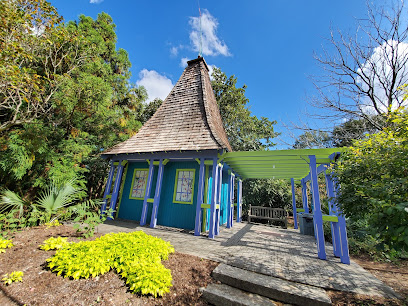
Martin Marietta Center for the Performing Arts
Discover the vibrant arts scene at the Martin Marietta Center for the Performing Arts in Raleigh, NC, where unforgettable performances await.
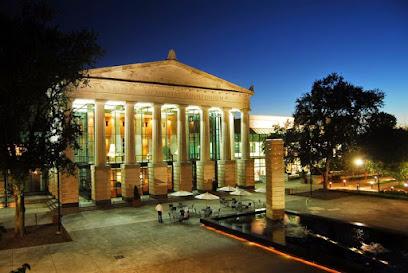
North Carolina Museum of Natural Sciences
Explore, learn, and be amazed at the North Carolina Museum of Natural Sciences, a top destination for tourists seeking adventure and knowledge.
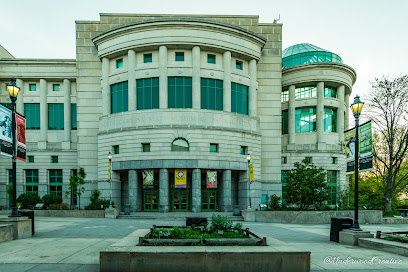
William B. Umstead State Park
Discover the natural beauty of William B. Umstead State Park, where adventure meets tranquility in the heart of Raleigh, North Carolina.
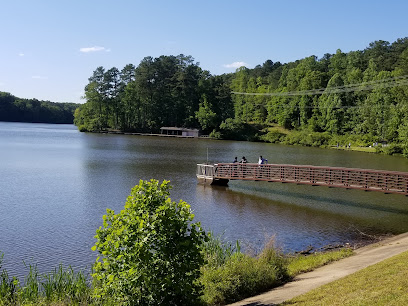
Adventure Landing
Experience the thrill of Adventure Landing in Raleigh, where fun meets excitement with laser tag, mini-golf, and more for the entire family.
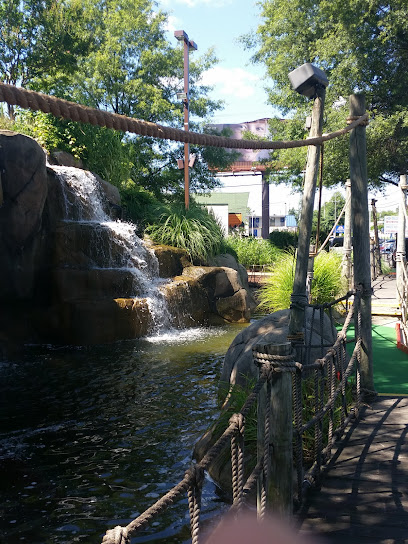
Essential places to dine
Angus Barn
Discover Angus Barn: A premier steakhouse offering exquisite cuisine and unmatched ambiance in Raleigh, perfect for fine dining enthusiasts.
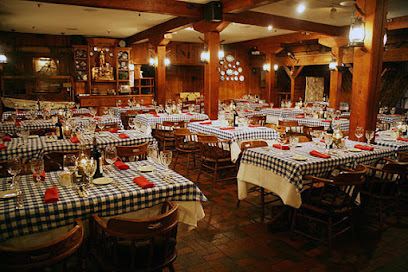
Sullivan's Steakhouse
Experience exquisite steaks and fine dining at Sullivan's Steakhouse in Raleigh – where every meal is crafted with passion.
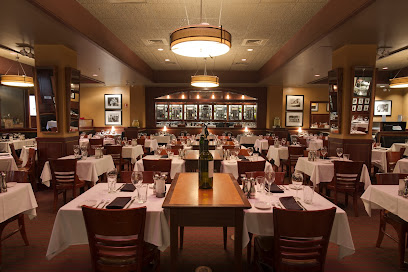
State Farmers Market Restaurant
Experience authentic Southern flavors at the State Farmers Market Restaurant in Raleigh—where fresh ingredients meet warm hospitality.
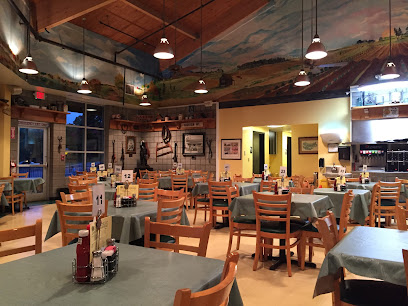
Neomonde Mediterranean Raleigh
Experience authentic Mediterranean cuisine at Neomonde in Raleigh – where flavor meets freshness in every bite.
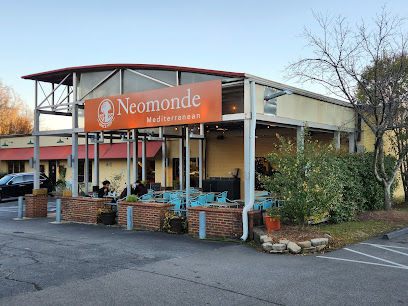
Tupelo Honey Southern Kitchen & Bar
Discover the heart of Southern cuisine at Tupelo Honey Southern Kitchen & Bar in Raleigh, offering classic dishes and warm hospitality for all.
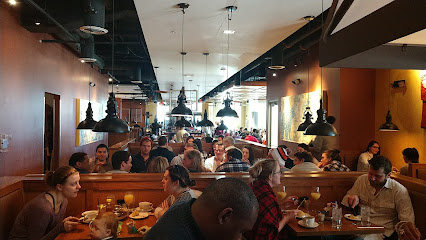
Relish Craft Kitchen & Bourbon Bar
Experience innovative American cuisine and an extensive bourbon selection at Relish Craft Kitchen & Bourbon Bar in Raleigh.
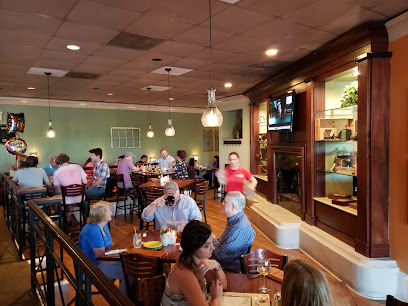
Taverna Agora Greek Kitchen & Bar
Savor authentic Greek cuisine at Taverna Agora, where every dish tells a story of tradition and flavor in the heart of Raleigh.
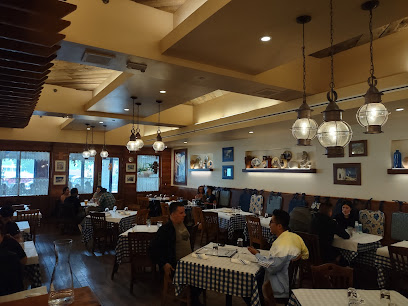
Brewery Bhavana
Experience the perfect fusion of craft beer and exquisite dim sum at Brewery Bhavana in downtown Raleigh.
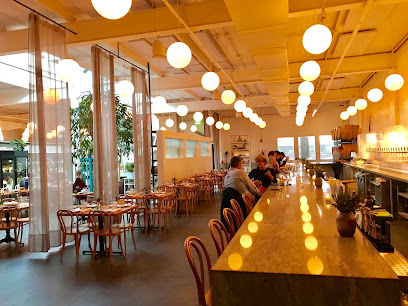
Big Ed's City Market Restaurant
Experience authentic Southern comfort food at Big Ed's City Market Restaurant in Raleigh—where every meal feels like home.
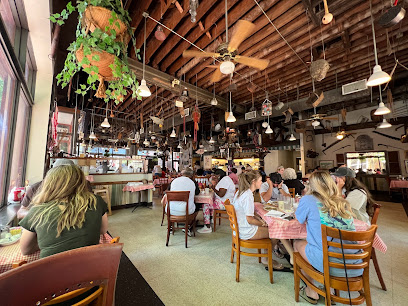
Sitti
Discover authentic Lebanese flavors at Sitti in downtown Raleigh – where fine dining meets Mediterranean charm.
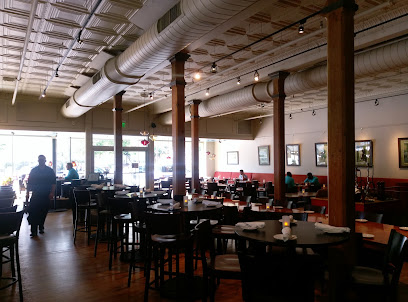
Irregardless
Discover Irregardless: A top-rated American restaurant in Raleigh offering eclectic dishes, live music, and vegan-friendly options.
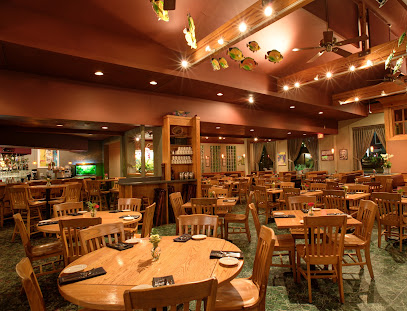
The Big Easy NC
Experience authentic Cajun cuisine and vibrant nightlife at The Big Easy NC in Raleigh – where Southern charm meets culinary delight.
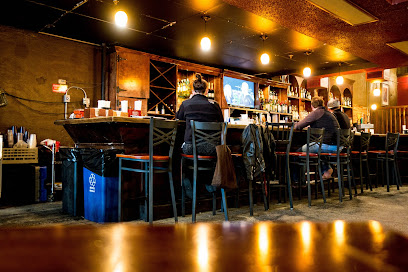
Bida Manda
Discover authentic Laotian flavors at Bida Manda in downtown Raleigh - where tradition meets modernity in every bite.
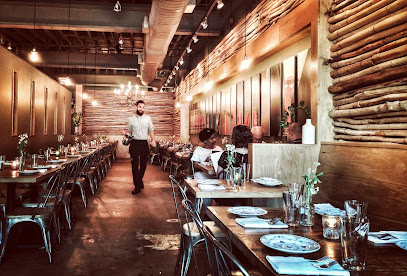
Seasons 52
Experience seasonal dining at its finest at Seasons 52 in Raleigh - where health meets taste in every dish.
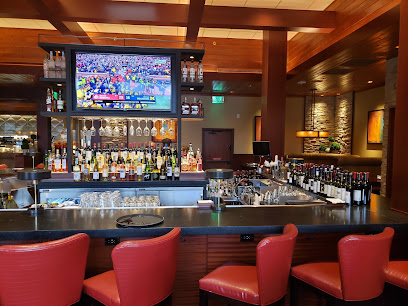
Amedeo's Italian Restaurant
Experience authentic Italian dining at Amedeo's Restaurant in Raleigh – where tradition meets flavor in every dish.
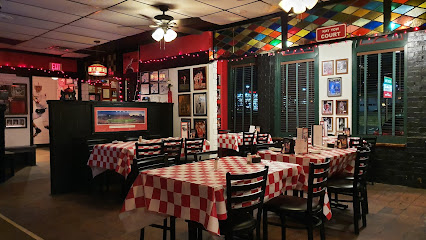
Markets, malls and hidden boutiques
Shops at Village District
Experience the vibrant blend of shopping, dining, and entertainment at the Shops at Village District in Raleigh, North Carolina.
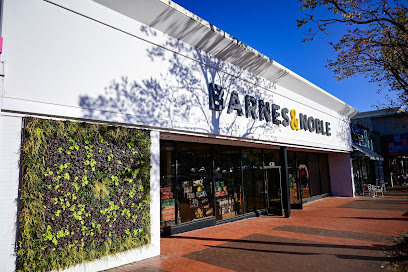
Dancing Moon Books & Gifts
Explore the magical world of Dancing Moon Books & Gifts in Raleigh, where unique treasures and enchanting experiences await every visitor.
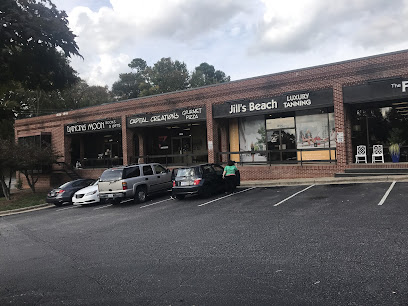
Deco Raleigh
Explore Deco Raleigh, a charming boutique gift shop in Downtown Raleigh, offering unique local art, handmade crafts, and unforgettable souvenirs.
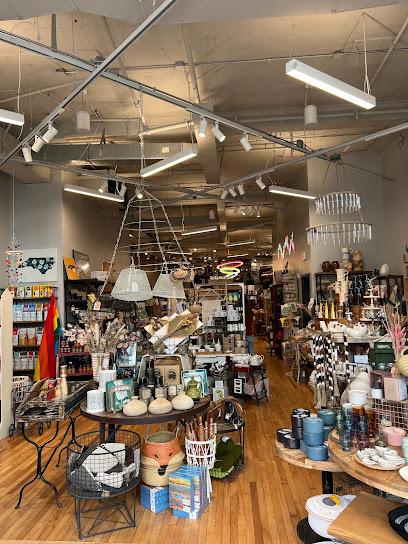
The Green Monkey
Discover Raleigh's eclectic charm at The Green Monkey, where unique gifts and artisan drinks come together in a delightful downtown setting.
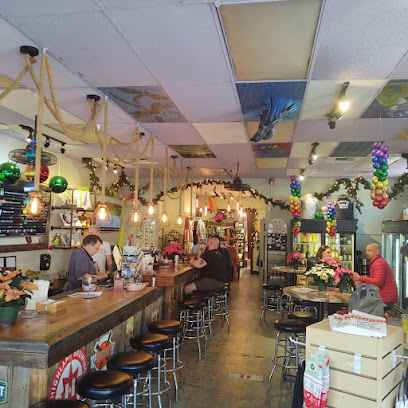
Father & Son Antiques
Explore a treasure trove of vintage finds and antiques at Father & Son Antiques in Raleigh's Warehouse District.
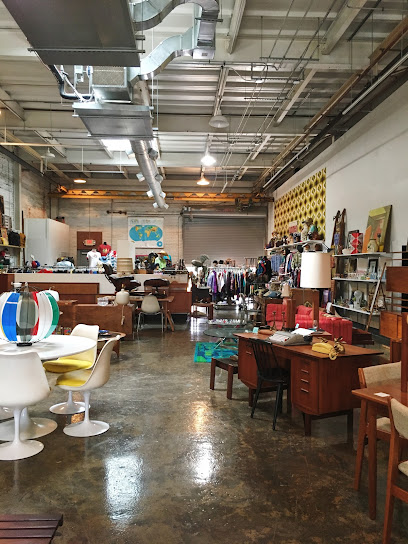
Cheshire Cat Antique Gallery
Explore a curated collection of antiques, art, and collectibles at Cheshire Cat Antique Gallery in Raleigh, where history meets creativity.
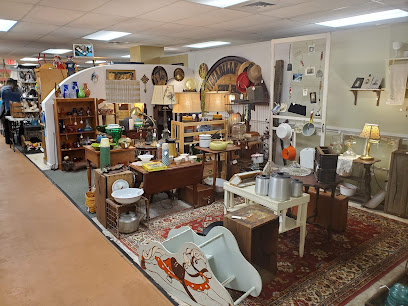
Red and White Shop
Discover an extensive collection of sports memorabilia at the Red and White Shop in Raleigh, where every fan finds their cherished team gear.
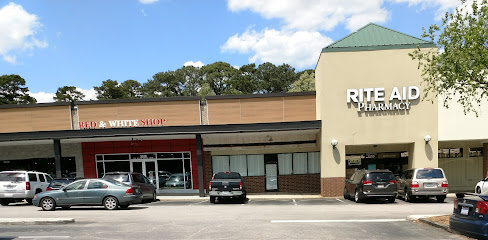
TrunkShow
Explore TrunkShow in Raleigh, NC: A unique gift shop with antiques, vintage clothing, and eclectic finds that reflect local artistry.
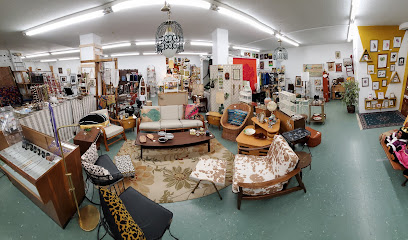
Edge of Urge
Explore Edge of Urge in Raleigh, NC for unique gifts, fashion accessories, and local artistry that capture the spirit of your travels.
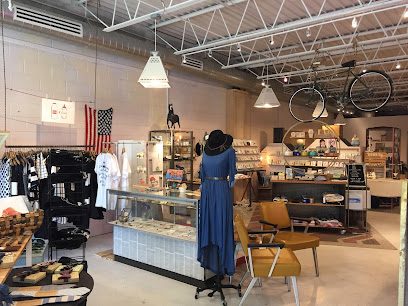
Revolver Consignment Boutique
Explore Revolver Consignment Boutique in Raleigh for vintage clothing and unique jewelry, where style meets sustainability in a vibrant setting.
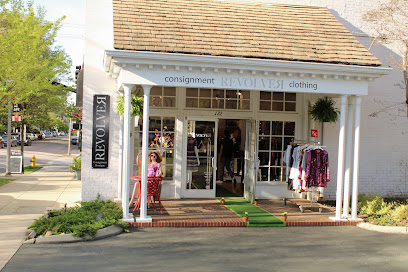
The Flourish Market
Explore stylish apparel and local treasures at The Flourish Market, Raleigh's beloved clothing boutique for fashion enthusiasts.
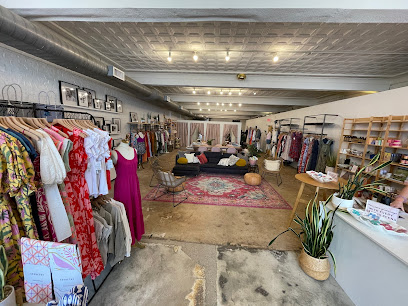
Hunt & Gather
Explore the eclectic charm of Hunt & Gather, Raleigh's premier antique and consignment shop for unique vintage finds.
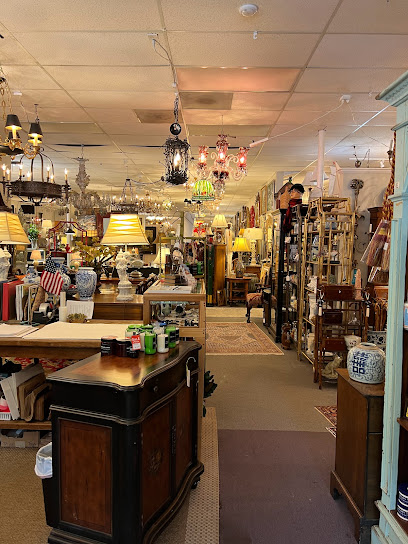
Curious Goods
Discover a world of unique gifts at Curious Goods in Raleigh, where local artisans showcase their creativity and craftsmanship.
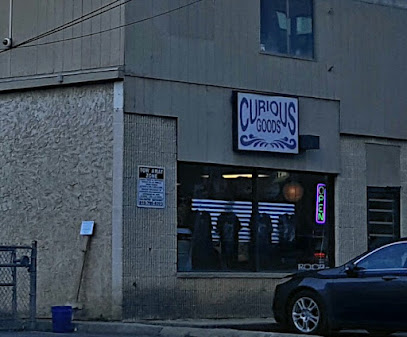
Niche and Dime
Explore the eclectic charm of Niche and Dime, a gift shop in Raleigh offering unique treasures and local artistry for every taste.
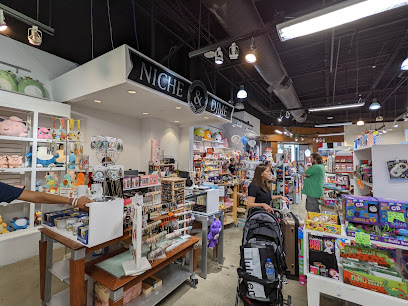
Painted Tree Boutiques
Explore Painted Tree Boutiques in Raleigh for a unique shopping experience featuring local artisans and eclectic finds in a charming setting.
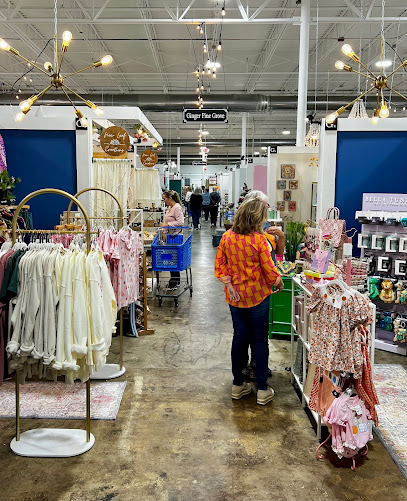
Essential bars & hidden hideouts
The Raleigh Times
Explore the historic charm of The Raleigh Times, a lively bar and grill in Downtown Raleigh, offering local brews and delicious cuisine.
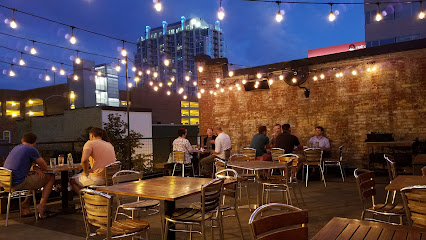
Watts & Ward
Discover the lively nightlife of Raleigh at Watts & Ward, a unique bar offering innovative cocktails and a vibrant atmosphere for unforgettable evenings.
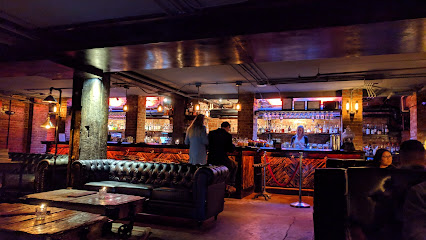
The Ugly Monkey Party Bar
Experience the electric vibe of The Ugly Monkey Party Bar in Raleigh, where great drinks and lively entertainment come together for an unforgettable night out.
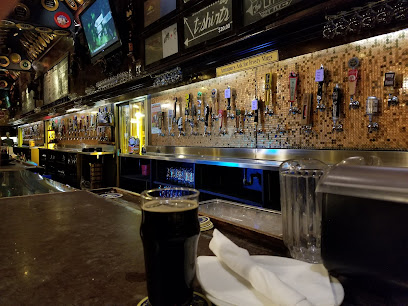
Dram & Draught
Discover the vibrant cocktail culture at Dram & Draught, Raleigh's premier bar for craft cocktails and unforgettable experiences.
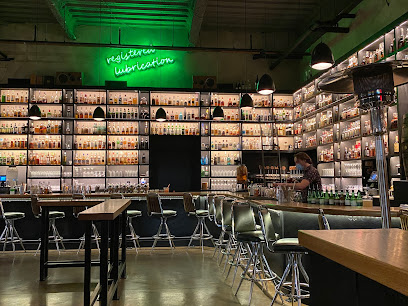
PLUS Dueling Piano Bar
Join the unforgettable nightlife experience at PLUS Dueling Piano Bar in Raleigh, where live music and lively ambiance create magical moments.
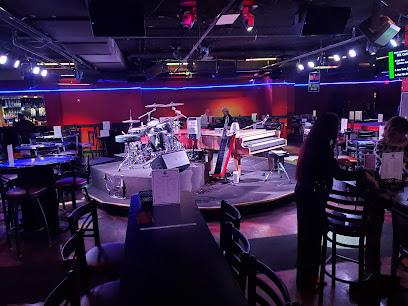
Tin Roof
Discover the lively atmosphere of Tin Roof in Raleigh, a must-visit bar and restaurant known for live music and delicious Southern cuisine.
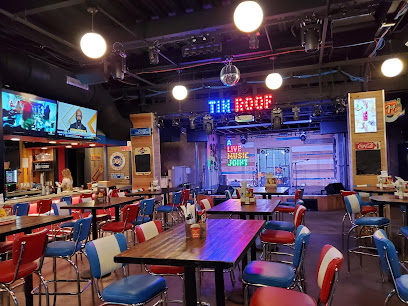
The Cardinal Bar
Experience the vibrant atmosphere and exceptional drinks at The Cardinal Bar, Raleigh's premier nightlife destination in downtown.
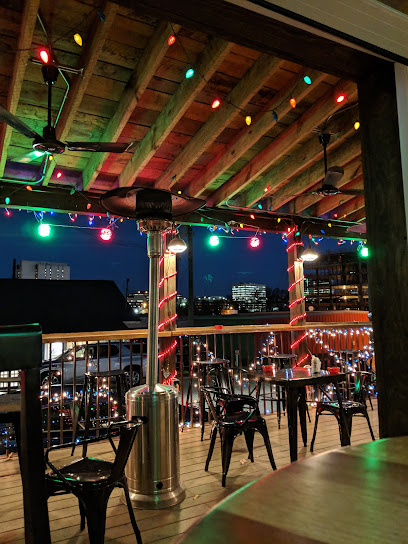
Circa 1888
Experience Raleigh's vibrant nightlife at Circa 1888, where craft drinks and a lively atmosphere await in the Warehouse District.
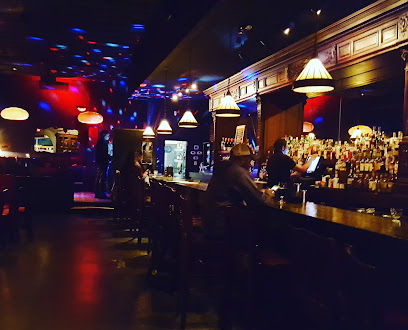
Milk Bar
Discover Raleigh's Milk Bar: A vibrant bar offering craft drinks, live music, and a lively atmosphere for an unforgettable night out.
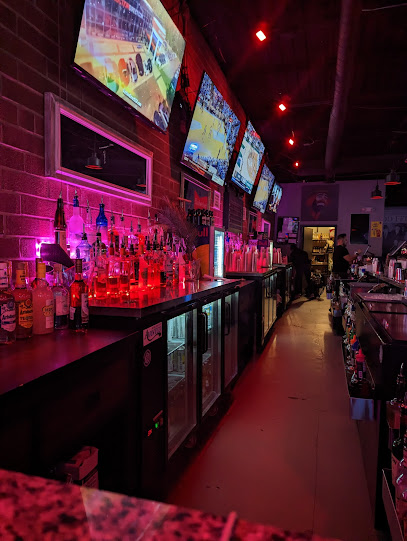
Landmark Tavern
Experience the vibrant nightlife of Downtown Raleigh at Landmark Tavern, where friendly service and a wide selection of drinks await.
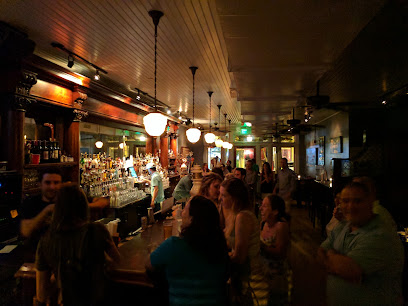
The Architect Bar & Social House
Discover the vibrant nightlife at The Architect Bar & Social House in downtown Raleigh, where unforgettable events and delicious cocktails await you.
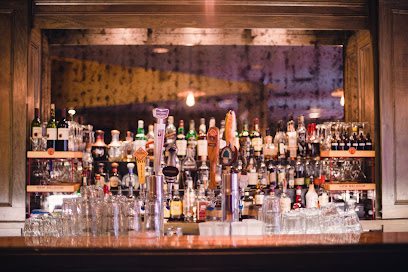
The Haymaker
Experience the charm of The Haymaker, a cozy bar in Downtown Raleigh known for innovative cocktails and a friendly atmosphere.
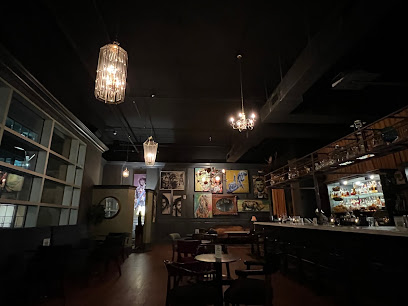
Person Street Bar
Discover the vibrant ambiance and unique cocktails at Person Street Bar in Raleigh, an ideal spot for tourists to unwind and socialize.
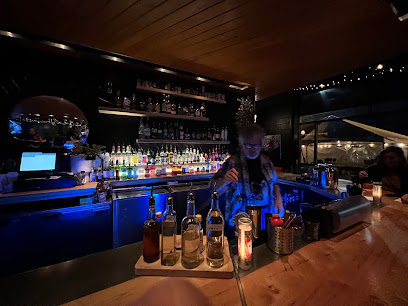
The Willard Rooftop Lounge
Experience Raleigh from above at The Willard Rooftop Lounge, where stunning views, crafted cocktails, and a vibrant atmosphere await.
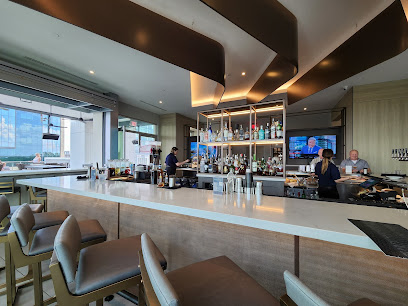
The Green Light
Experience the vibrant atmosphere and exquisite cocktails at The Green Light, Raleigh's top destination for nightlife and mixology.
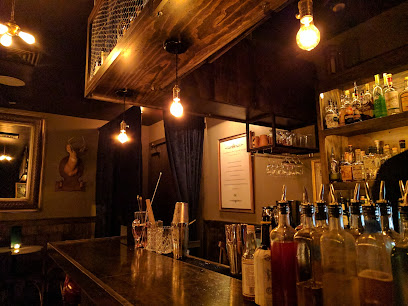
Local Phrases
-
- HelloHey y'all
[Hey y'all] - GoodbyeSee ya later
[See ya later] - YesYup
[Yup] - NoNah
[Nah] - Please/You're welcomePlease/No problem
[Please/No problem] - Thank youThank ya
[Thank ya] - Excuse me/SorryPardon me/My bad
[Pardon me/My bad] - How are you?How y'all doin'?
[How y'all doin'?] - Fine. And you?I'm good. You?
[I'm good. You?] - Do you speak English?Ya speak English?
[Ya speak English?] - I don't understandI don't get it
[I don't get it]
- HelloHey y'all
-
- I'd like to see the menu, pleaseCan I check out the menu?
[Can I check out the menu?] - I don't eat meatI don't eat meat
[I don't eat meat] - Cheers!Cheers!
[Cheers!] - I would like to pay, pleaseI'll take the check, please
[I'll take the check, please]
- I'd like to see the menu, pleaseCan I check out the menu?
-
- Help!Help!
[Help!] - Go away!Get lost!
[Get lost!] - Call the Police!Call the cops!
[Call the cops!] - Call a doctor!Get a doctor!
[Get a doctor!] - I'm lostI'm lost
[I'm lost] - I'm illI'm sick
[I'm sick]
- Help!Help!
-
- I'd like to buy...I wanna buy...
[I wanna buy...] - I'm just lookingJust browsing
[Just browsing] - How much is it?How much does it cost?
[How much does it cost?] - That's too expensiveThat's pricey
[That's pricey] - Can you lower the price?Can ya give me a deal?
[Can ya give me a deal?]
- I'd like to buy...I wanna buy...
-
- What time is it?What time is it?
[What time is it?] - It's one o'clockIt's one o'clock
[It's one o'clock] - Half past (10)Half past ten
[Half past ten] - MorningMorning
[Morning] - AfternoonAfternoon
[Afternoon] - EveningEvening
[Evening] - YesterdayYesterday
[Yesterday] - TodayToday
[Today] - TomorrowTomorrow
[Tomorrow] - 1One
[One] - 2Two
[Two] - 3Three
[Three] - 4Four
[Four] - 5Five
[Five] - 6Six
[Six] - 7Seven
[Seven] - 8Eight
[Eight] - 9Nine
[Nine] - 10Ten
[Ten]
- What time is it?What time is it?
-
- Where's a/the...?Where's the...?
[Where's the...?] - What's the address?What's the address?
[What's the address?] - Can you show me (on the map)?Can you show me (on the map)?
[Can you show me (on the map)?] - When's the next (bus)?When's the next (bus)?
[When's the next (bus)?] - A ticket (to ....)A ticket (to ....)
[A ticket (to ....)]
- Where's a/the...?Where's the...?
History of Raleigh
-
Raleigh was established in 1792 as the capital of North Carolina. The city was named after Sir Walter Raleigh, who sponsored attempts to establish the first English colony in America in the 1580s. Raleigh was one of the first planned cities in the United States, designed specifically to serve as the state capital.
-
Completed in 1840, the North Carolina State Capitol is a National Historic Landmark and a prime example of Greek Revival architecture. It has been the seat of North Carolina's government since its completion, hosting the offices of the Governor and other state officials.
-
During the American Civil War, Raleigh was spared from major destruction. In 1865, General William T. Sherman's Union troops occupied the city, leading to the end of Confederate control. Post-war, Raleigh faced the challenges of Reconstruction, with significant social and economic changes taking place.
-
Founded in 1887 as the North Carolina College of Agriculture and Mechanic Arts, North Carolina State University (NC State) has grown to become a leading research institution. The university has played a crucial role in the development of technology and industry in Raleigh and the surrounding region.
-
Raleigh was an important location during the Civil Rights Movement. In 1960, Shaw University in Raleigh hosted the founding meeting of the Student Nonviolent Coordinating Committee (SNCC), which became a pivotal organization in the struggle for civil rights and social justice.
-
The late 20th and early 21st centuries saw Raleigh become a hub for technology and innovation. The creation of the Research Triangle Park in 1959, located near Raleigh, has attracted numerous tech companies and research institutions, contributing to significant economic growth and making the city a center of cutting-edge development.
Raleigh Essentials
-
Raleigh is served by the Raleigh-Durham International Airport (RDU), located about 15 miles northwest of downtown. The airport offers numerous domestic and international flights. You can also reach Raleigh by train; Amtrak has a station in downtown Raleigh with routes connecting to cities like New York, Washington, D.C., and Charlotte. If you prefer driving, Raleigh is accessible via major highways I-40, I-85, and I-95.
-
Raleigh offers various transportation options including buses operated by GoRaleigh, which cover most areas of the city. The downtown area also has a free circulator bus called the R-Line. For more convenience, you can use ride-sharing services like Uber and Lyft. Renting a car is another option, especially if you plan to explore surrounding areas. Cycling is popular, and the city has numerous bike lanes and greenways.
-
The currency used in Raleigh is the US Dollar (USD). Credit and debit cards are widely accepted in most establishments including restaurants, hotels, and shops. ATMs are plentiful throughout the city for cash withdrawals. It's a good idea to carry some cash for small purchases or tips, especially in more rural areas or small businesses that may not accept cards.
-
Raleigh is generally considered a safe city for tourists. However, like any urban area, it's advisable to stay vigilant. Avoid walking alone at night in less populated areas. Neighborhoods such as South Saunders Street and areas near the bus station have higher crime rates, so exercise caution. Always keep an eye on your belongings in crowded places like markets and public transportation hubs.
-
In case of emergency, dial 911 for police, fire, or medical assistance. Major hospitals like WakeMed and UNC REX Healthcare provide excellent medical care. Urgent care centers and pharmacies are also widely available. It's advisable to have travel insurance that covers medical emergencies. For minor issues, there are numerous pharmacies where you can purchase over-the-counter medications.
-
Fashion: Do dress comfortably and casually, but avoid overly revealing clothing. Smart-casual attire is usually appropriate for dining out. Religion: Do be respectful when visiting religious sites. Remove hats and avoid loud behavior. Public Transport: Do offer seats to elderly passengers and avoid loud conversations. Don't eat or drink on buses. Greetings: Do greet people with a smile and a handshake. It's polite to address people using 'Mr.' or 'Ms.' followed by their last name unless invited to use their first name. Eating & Drinking: Do try local specialties like Carolina barbecue and sweet tea. Don't forget to tip, generally 15-20% in restaurants.
-
To experience Raleigh like a local, visit the State Farmers Market to sample fresh produce and local goods. Explore the many parks and greenways for outdoor activities. Engage with locals at neighborhood events and festivals. Don't miss the North Carolina Museum of Art, and explore historic neighborhoods like Oakwood. For a unique dining experience, try a meal at one of the many food trucks scattered throughout the city.
Trending Landmark in Raleigh
-
Pullen Park
-
Marbles Kids Museum
-
North Carolina Museum of Natural Sciences
-
North Carolina Museum of History
-
Dorothea Dix Park
-
Moore Square
-
North Carolina State Capitol
-
The Tower Escapes
-
Fred Fletcher Park
-
Historic Oak View County Park
-
ROOM 5280 - Raleigh Live Escape Games
-
Nash Square
-
Historic Yates Mill County Park
-
Mordecai Historic Park
-
The Merrimon-Wynne House
Nearby Cities to Raleigh
-
Things To Do in Chapel Hill
-
Things To Do in Fayetteville
-
Things To Do in Greensboro
-
Things To Do in Winston-Salem
-
Things To Do in New Bern
-
Things To Do in Lynchburg
-
Things To Do in Petersburg
-
Things To Do in Mooresville
-
Things To Do in Roanoke
-
Things To Do in Charlotte
-
Things To Do in Suffolk
-
Things To Do in Richmond
-
Things To Do in Fort Mill
-
Things To Do in Blacksburg
-
Things To Do in Myrtle Beach

















